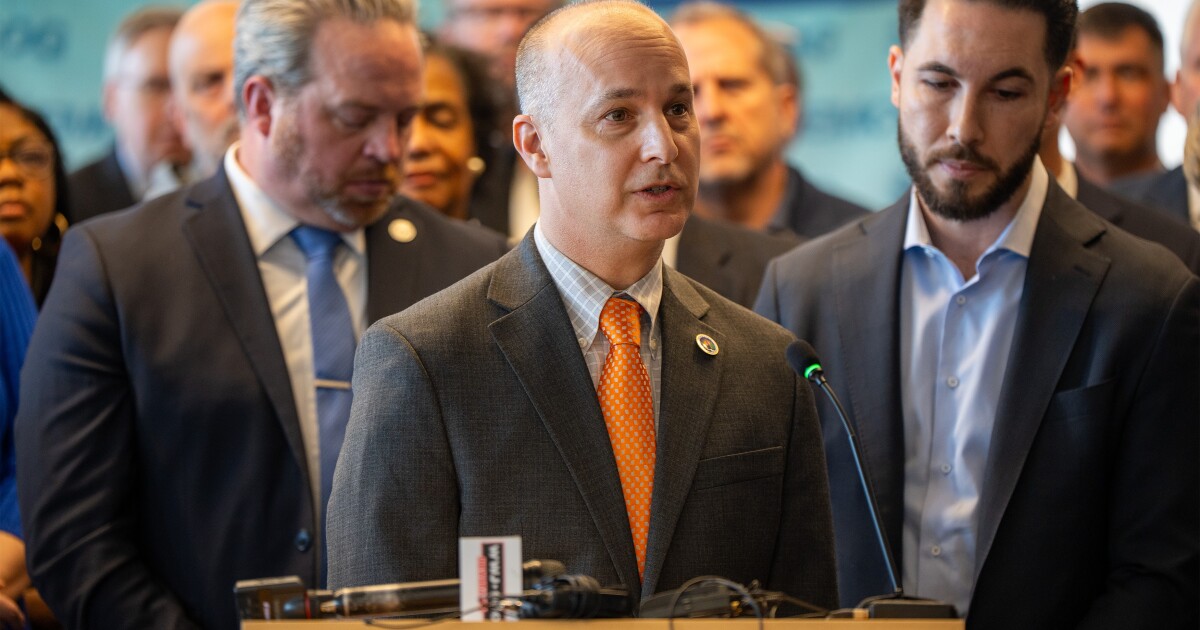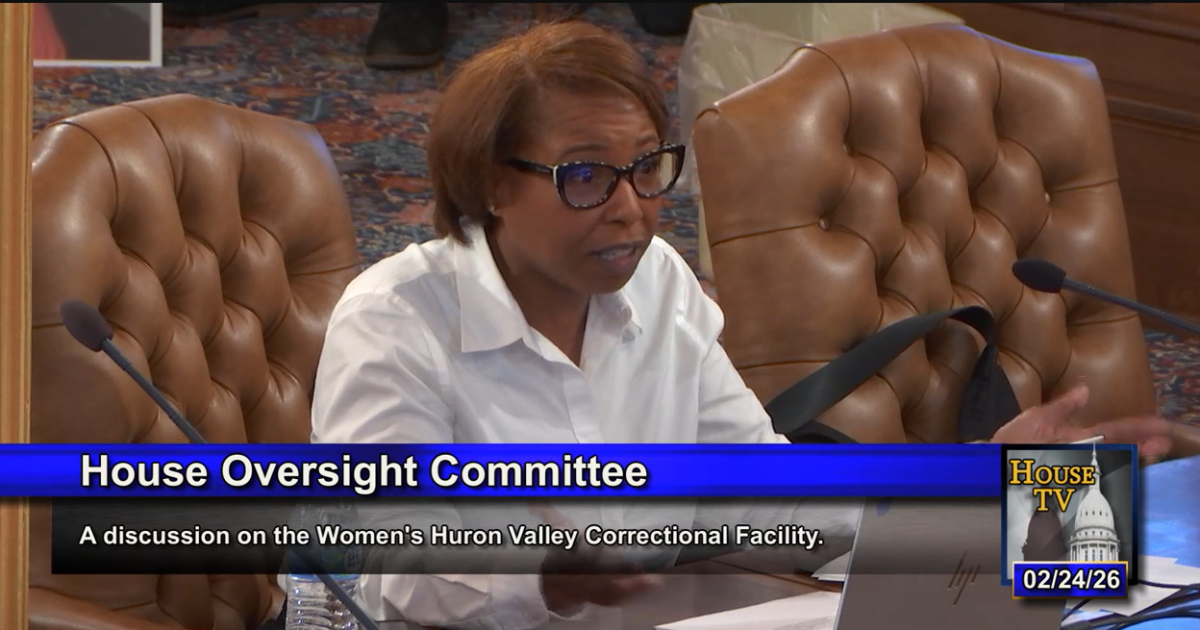This story was produced by the Associated Press and reprinted with permission.
WASHINGTON – For many young Americans, deciding on a college or whether to attend at all hinges on one big question: Is the degree worth the investment?
Confidence in higher education has dropped dramatically due to high tuition, soaring student loans, a challenging job market, and ideological worries from conservatives. Colleges are now under pressure to demonstrate their value to prospective students.
The concept of “return on investment” (ROI), borrowed from the business sector, is now prominent in college marketing. New rankings assess campuses based on their financial benefits. States like Colorado publish yearly reports on college monetary benefits, and Texas considers it in funding community colleges.
“Students are becoming more aware of the times when college doesn’t pay off,” said Preston Cooper, who studied college ROI at the American Enterprise Institute. “It’s front of mind for universities today in a way that it was not necessarily 15, 20 years ago.”
Related: Interested in more news about colleges and universities? Subscribe to our free biweekly higher education newsletter.
Research shows that a bachelor’s degree generally provides long-term financial benefits. However, not all degrees guarantee high salaries, especially in today’s tough job market.
A Strada Education Foundation analysis revealed that 70% of recent public university grads can expect a positive return within 10 years. Results vary by state, with 53% in North Dakota and 82% in Washington, D.C., showing positive outcomes. States with affordable education perform better, as per the report.
Families often question if college tuition will ever pay off, said Emilia Mattucci, a high school counselor near Pittsburgh. Many low-income students are hesitant to incur debt, leading more to choose technical schools over four-year universities.
“A lot of families are just saying they can’t afford it, or they don’t want to go into debt for years and years and years,” she said.
Education Secretary Linda McMahon has questioned the necessity of a four-year degree, praising programs that prepare students for careers post-high school.
“I’m not saying kids shouldn’t go to college,” she said. “I’m just saying all kids don’t have to go in order to be successful.”
Related: OPINION: College is worth it for most students, but its benefits are not equitable
Colleges face challenges addressing both tuition costs and graduate earnings. As birth rates decline, they must attract fewer college-age students.
Tuition rates have stayed flat on many campuses and some private colleges have lowered prices to reflect actual costs after financial aid.
Ensuring graduates find good jobs is complex. Colleges are addressing skills gaps and job market needs. Michigan State University President Kevin Guskiewicz, for instance, collaborates with business leaders to align degree programs with market demands, offering students internships and work experience.
Bridging the gap to the job market has been a persistent struggle for U.S. colleges, said Matt Sigelman, president of the Burning Glass Institute, a think tank that studies the workforce. Last year the institute, partnering with Strada researchers, found 52 percent of recent college graduates were in jobs that didn’t require a degree. Even higher-demand fields, such as education and nursing, had large numbers of graduates in that situation.
“No programs are immune, and no schools are immune,” Sigelman said.
The federal government has attempted solutions since President Obama’s era, targeting programs leaving graduates with low earnings. Recent legislation requires colleges to meet earnings standards for federal funding eligibility.
Transparency is seen as crucial. The College Scorecard launched in 2015, offering broad earnings data for college programs, and recent bipartisan efforts aim to provide even more detailed information.
North Carolina’s 2023 study found 93% of degrees provided a positive return. Data shows that programs like applied math and business at the University of North Carolina at Chapel Hill have high returns, while degrees in psychology and foreign languages do not.
Colleges are realizing how vital this data is for students and families, said Lee Roberts, chancellor of UNC-Chapel Hill. “In uncertain times, students are even more focused — I would say rightly so — on what their job prospects are going to be,” he added. “So I think colleges and universities really owe students and their families this data.”
The Associated Press’ education coverage receives financial support from multiple private foundations. AP is solely responsible for all content. Find AP’s standards for working with philanthropies, a list of supporters and funded coverage areas at AP.org.
The Hechinger Report provides in-depth, fact-based, unbiased reporting on education that is free to all readers. But that doesn’t mean it’s free to produce. Our work keeps educators and the public informed about pressing issues at schools and on campuses throughout the country. We tell the whole story, even when the details are inconvenient. Help us keep doing that.
—
Read More Kitchen Table News










